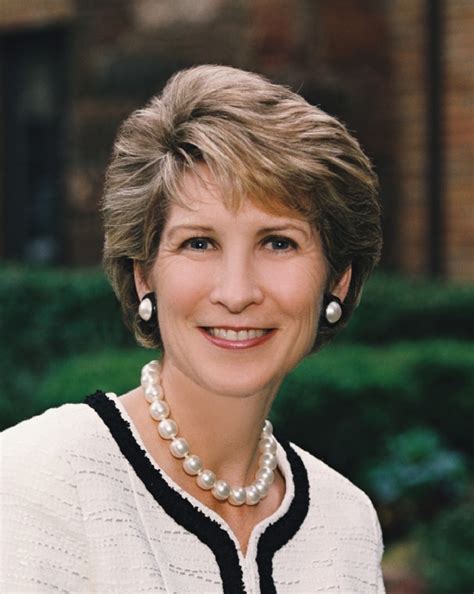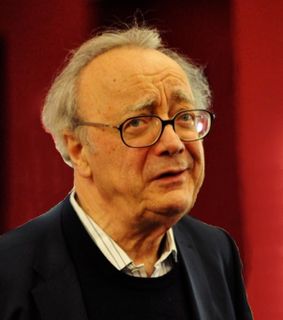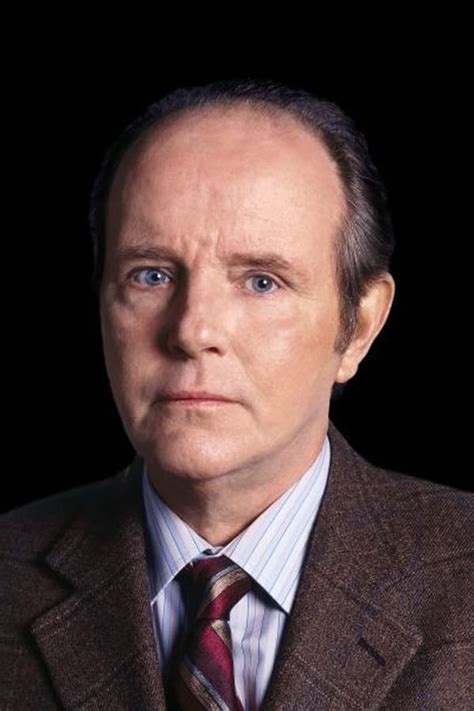A Quote by Stephen Fry
Everything had been based on a kind of certainty, a sense of man at the center of things, a sense of order and hierarchy. And suddenly, almost simultaneously, extraordinary discoveries are made.
Related Quotes
Part of people's concern is just the sense that around the world the old order isn't holding and we're not quite yet to where we need to be in terms of a new order that's based on a different set of principles, that's based on a sense of common humanity, that's based on economies that work for all people.
So many things suddenly made sense for the clowns, for the whole idea. I’d been going through a struggle, particularly after 9/11; I couldn’t figure out what I wanted to say. I still wanted the work to be the same kind of mixture – intense, with a nasty side or an ugly side, but also with a real pathos about the characters – and clowns have an underlying sense of sadness while they’re trying to cheer people up. Clowns are sad, but they’re also psychotically, hysterically happy.
It suddenly made sense. Only twice in his life had he felt this inexplicable, almost mystical attraction to a woman. He’d thought it remarkable, to have found two, when in his heart he’d always believed there was only one perfect woman out there for him. His heart had been right. There was only one.
Because of its concrete content, sense-certainty immediately appears as the richest kind of knowledge, indeed a knowledge of infinite wealth for which no bounds can be found, either when we reach out into space and time in which it is dispersed, or when we take a bit of this wealth, and by division enter into it. Moreover, sense-certainty appears to be the truest knowledge ... but, in the event, this very certainty proves itself to be the most abstract and poorest truth. All that it says about what it knows is just that it is; and its truth contains nothing but the sheer being of the thing.
But that's the glory of foreign travel, as far as I am concerned. I don't want to know what people are talking about. I can't think of anything that excites a greater sense of childlike wonder than to be in a country where you are ignorant of almost everything. Suddenly you are five years old again. You can't read anything, you have only the most rudimentary sense of how things work, you can't even reliably cross a street without endangering your life. Your whole existence becomes a series of interesting guesses.
I did however used to think, you know, in the woods walking, and as a kid playing in the woods, that there was a kind of immanence there — that woods, and places of that order, had a sense, a kind of presence, that you could feel; that there was something peculiarly, physically present, a feeling of place almost conscious ... like God. It evoked that.


































